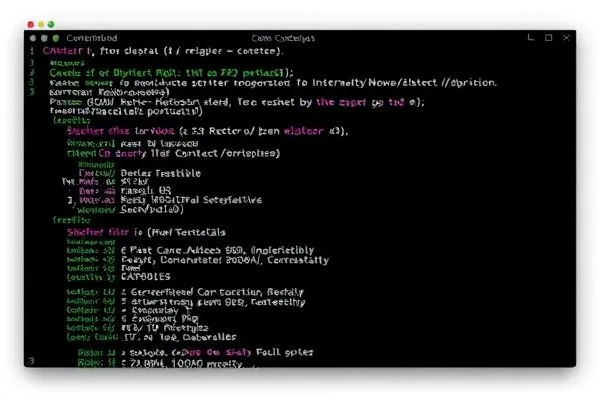Injection Attacks in Application Security: Types, Tools, and Prevention
Are your web applications equipped against injection attacks? These attacks occur when malicious input is inserted into web applications, targeting weaknesses in unvalidated user input to execute unintended commands, leading to unauthorized data access.
The most prevalent forms of injection attacks include SQL Injection (SQLi) and Cross-Site Scripting (XSS). SQLi allows attackers to execute unauthorized SQL commands, compromising database integrity. Conversely, XSS allows injection of scripts into webpages, posing risks like session hijacking and user data theft. Recognizing these threats is crucial for establishing effective defenses.
To mitigate injection risks, organizations should adopt a holistic security strategy. Web Application Firewalls (WAFs) serve as a crucial line of defense by filtering harmful web traffic. Regular security assessments, including penetration testing, enable organizations to uncover and address vulnerabilities proactively. Additionally, employing secure coding practices such as input validation, parameterized queries, and output encoding can significantly reduce susceptibility to injection attacks.
In conclusion, injection attacks pose significant risks to web applications. By integrating strong security measures and fostering a culture of security awareness within development practices, organizations can effectively protect their digital assets.
Key Takeaways:
- Injection attacks exploit unvalidated user input vulnerabilities.
- SQL Injection and Cross-Site Scripting are the most common forms.
- Employ WAFs and perform regular vulnerability testing to defend against attacks.
- Secure coding practices are essential in minimizing risk.









